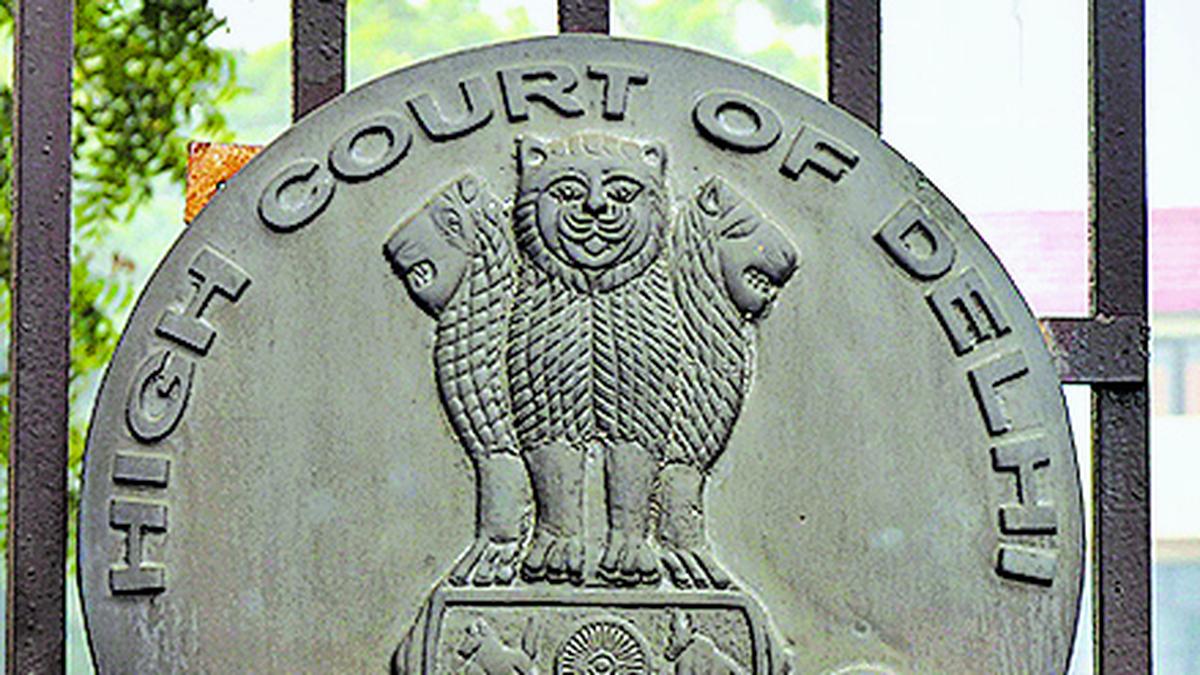This call for external help has brought to light the precarious state of JJ Hospital’s once revered 57-year-old paediatric surgery department- a crucial super-specialty branch that has experienced a steady decline and now teeters on the brink of collapse.More broadly, this scenario highlights state’s absolute failure in nurturing super-specialty fields by establishing positions and training new doctors.
The gravity of the situation is evident considering that the JJ department is diverting the bulk of children in need of surgeries to BYL Nair Hospital or KEM Hospital. Such cases, sometimes arriving from distant districts, number at least a couple daily. The paediatric surgery ward 41, with a capacity of 18 beds, had only one patient on Friday. No medical student opted for any of the five paediatric surgery super-speciality seats at JJ this year. A decade ago, the department handled up to 1,100 surgery cases annually, but now struggles to perform less than half that number.
JJ dean Dr Pallavi Saple confirmed that they had to seek a doctor from Pune’s medical college for a sensitive case of a child, as their own doctors refused to handle it. Rajeev Nivatkar, commissioner of the medical education department, granted the approval. Last week, Dr Suryodhan Reddy, professor of paediatric surgery at BJ Medical College, Pune, specifically travelled to Mumbai to carry out the procedure. He declined to comment on the events but said the child was recovering well.
The surgical case in question stems from an incident during Diwali in Nov, where a child referred to JJ from Navi Mumbai arrived with extensive injuries to her genital areas following brutal sexual assault by her uncle. A team of paediatric surgeons and gynaecology doctors conducted meticulous repairs with surgery. They also performed a colostomy procedure to temporarily divert stools from the repaired wound. Typically, a colostomy is closed after six weeks, but due to the department’s reluctance and Reddy’s transfer to Pune last year, this scheduled closure happened last week.
But, doctors from other departments alleged that the paediatric surgery unit, despite having three full-time faculty members, not only has been reluctant to handle complex cases but also consistently refers even routine ones to neighbouring hospitals. “From trauma, intestinal injuries, to pneumothorax, to surgical emergencies, almost all cases are being sent away,” said a senior doctor. Recently, a Dongri resident, who had rushed his child to the emergency, left in frustration after creating a ruckus as no surgery doctors were around. Commissioner Nivatkar said he was unaware about the problem of referrals. “I will look into it,” he said.
JJ’s paediatric surgery department has four faculty posts, but three are filled. Crucially, the department lacks a full-time professor – it hasn’t had one since 2006 -which is a significant deficiency since JJ is one of only two government medical colleges out of 25 offering paediatric surgery. Further, Dr Minakshi Bhosale, the acting head, is Pune-based and reportedly travels “irregularly” to Mumbai. The other two doctors also handle limited cases.
The absence of a full-time professor, internal conflicts, and faculty shortages have deterred students over the years from joining, leaving the department without junior resident doctors. “The faculty is hesitant to undertake cases as without residents there would be no one to provide post-operative care,” one of the members said.
Dr Bhosale said her department cannot be blamed for systematic failures of decades to create a chain of faculty and a steady flow of resident doctors.
Approximately one in every 3,000 babies born in the state with a birth defect could benefit from a paediatric surgeon. While full-fledged neonatal ICUs with surgeons have the potential to save up to 10,000 newborns, yet faculty development in this crucial area has suffered due to the existence of only a single professor and a single associate professor post in entire Maharashtra until 2023.






